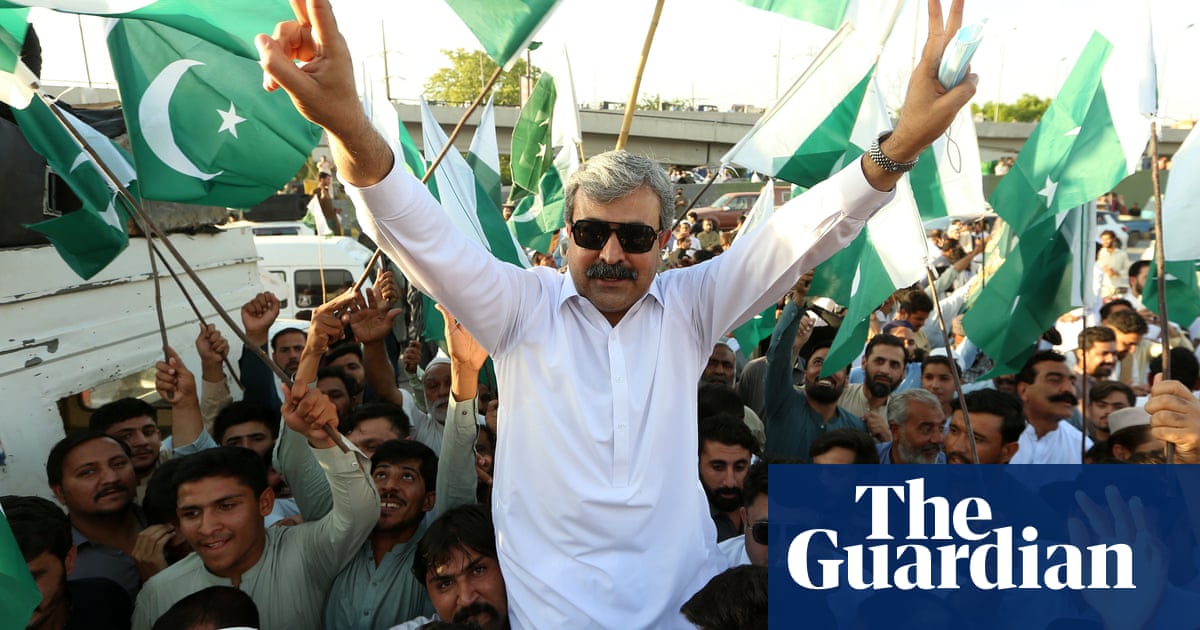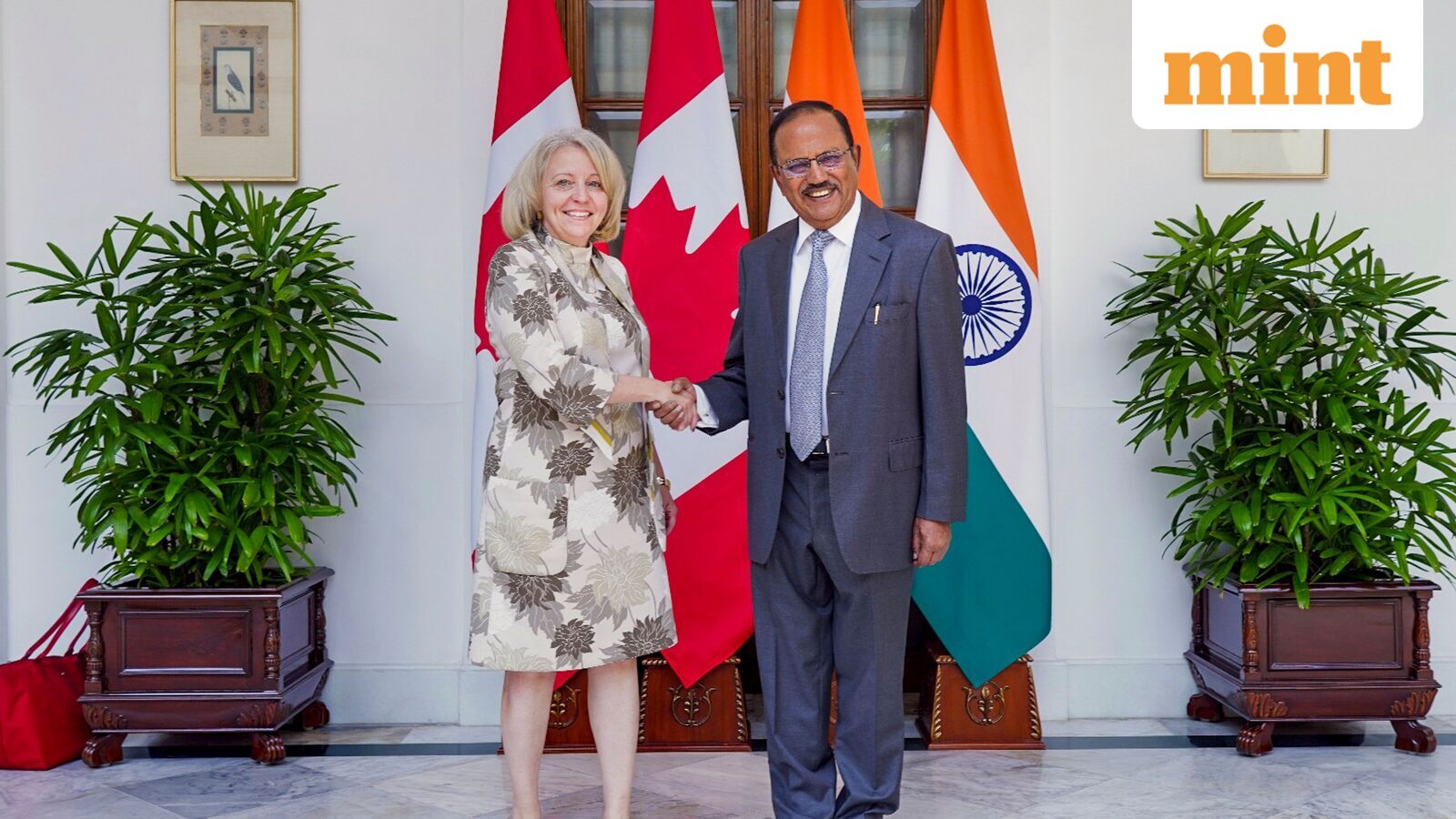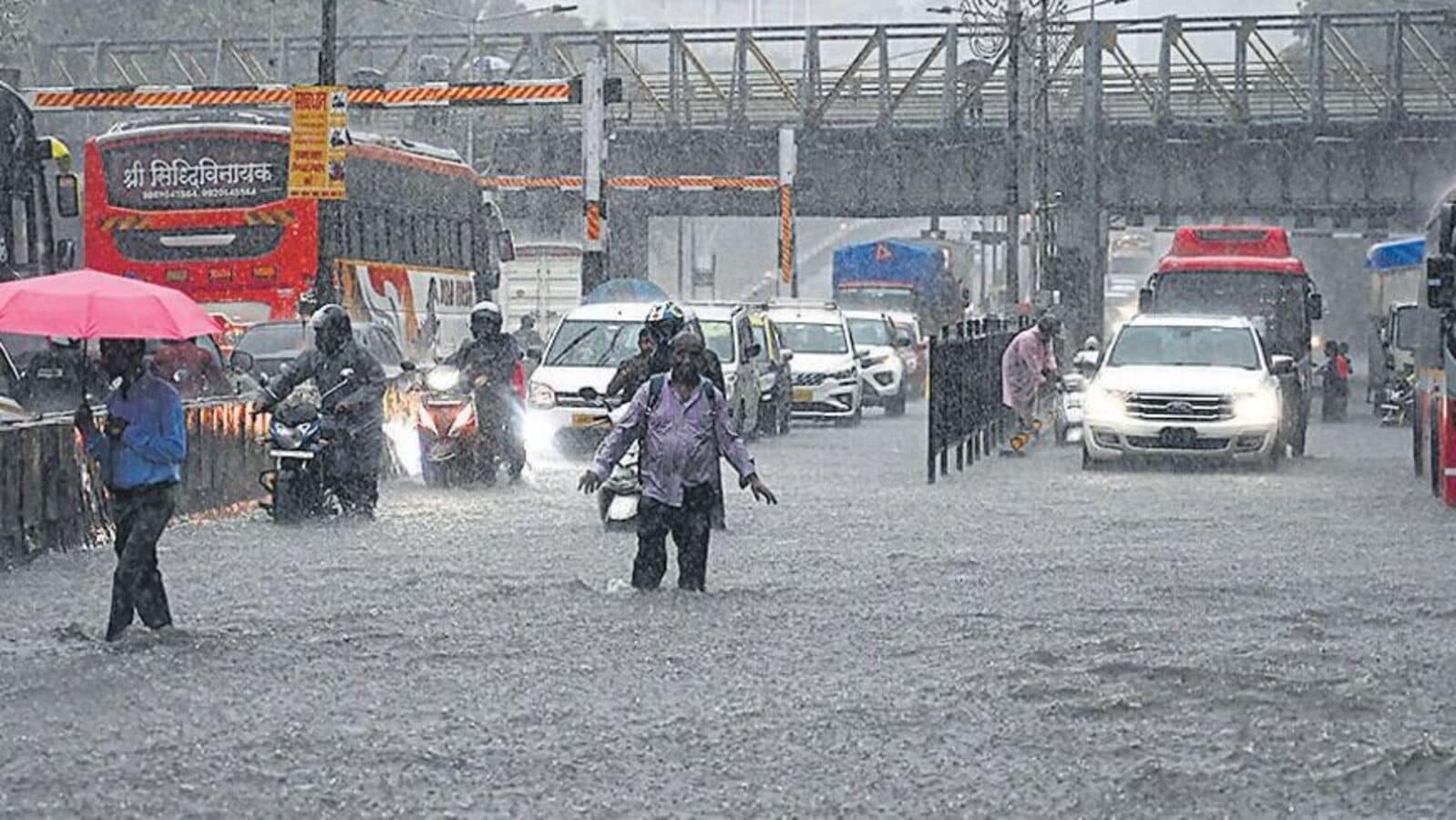India and Pakistan have both claimed victory after a ceasefire was declared over the weekend, which brought the two nuclear-nations back from the brink of war.
After days of escalating clashes that culminated in both sides launching missile and drone strikes on each other’s major military bases – the closest they had come to full-scale war in decades – the ceasefire between India and Pakistan was declared by Donald Trump on Saturday evening.
On Sunday, Trump further congratulated the two countries on “having the strength, wisdom and fortitude to fully know and understand that it was time to stop the current aggression that could have led to the death and destruction of so many, and so much”.
Within hours of the truce announcement, there were fears it had fallen apart after firing restarted along the disputed border in Kashmir and missiles and drones were once again launched into Indian-administered Kashmir.
However, by Sunday morning things were quiet on both sides of the frontier, leading many to hope the fragile peace would hold. Each side accused the other of triggering the violations and Pakistan said it remained “committed to faithful implementation of ceasefire”.
The Indian army said in a press briefing it had conveyed a message, through its “hotline” with Pakistan, that if there were any more cross-border provocations “our firm and clear intent to respond to these fiercely”.
Both India and Pakistan claimed the ceasefire as a victory, fuelling a surge of nationalistic fervour on both sides of the border. India’s defence minister, Rajnath Singh, said on Sunday the “roar of Indian forces reached Rawalpindi, the very headquarters of the Pakistani army”.
He said the military offensive, named Operation Sindoor, was “not just a military action but a symbol of India’s political, social and strategic willpower”.
In Pakistan, parades were held near the border to shower the military with petals, and the prime minister, Shehbaz Sharif, declared 11 May to be a day “in recognition of the armed forces’ response to recent Indian aggression”.
Writing in Pakistan’s Dawn newspaper, commentator Baqir Sajjad called the ceasefire a “calculated victory” by Pakistan that “firmly denied a much stronger India the military edge and diplomatic narrative it sought to dominate”.
Parties and rallies were held across the country to mark the day, particularly in Pakistan-controlled Kashmir, which was on the frontline of weeks of aggressive cross-border shelling.
Raja Farooq Haider Khan, a former leader of Pakistan-controlled Kashmir, led a celebratory rally near the disputed Kashmir border. “We are celebrating the bravery of our armed forces today who defended us,” he said.
He offered his gratitude to Trump for helping to resolve the conflict. “This time we were so close to war so his involvement was very welcome. But we have to say that without resolving the Kashmir issue long-term, peace can’t prevail in the region.”
Sahad, a resident in Neelum Valley in Pakistan-controlled Kashmir, said the past few days had been the scariest of her life. “No one can be happier than us as we live under the shadow of border posts and Indian firings. Everyone is happy to have our normal lives back,” she said.
There were also celebrations on the Indian side of the border. However, residents near the disputed frontier said that while a ceasefire was welcome, it did not solve the underlying problem of the often bloody dispute between India and Pakistan over the Himalayan region of Kashmir, which goes back to the partition of India in 1947.
Lal Din, 55, a resident of Poonch, the worst-affected area along India’s border in Kashmir, where hundreds of houses were destroyed and dozens killed in the cross-border fire, said Kashmiris has seen this same situation – “temporary ceasefires brokered by global powers” – many times before.
“The core issue remains unresolved – soldiers still face each other with weapons and tanks,” he said. “Today it was one dispute, tomorrow it will be another, and the guns will roar again, trapping civilians like me in the crossfire. We’re just numbers in this clash of nuclear powers. I beg both sides: resolve your differences, live in peace, and let us live.”
After weeks of mounting tensions, the attacks this week began on Wednesday when Indian missiles struck nine sites in Pakistan, killing 31 people. India has said those strikes were aimed at “terrorist infrastructure and terrorist training camps” as retribution for an attack in Indian-administered Kashmir late last month, in which militants killed 25 Hindu tourists and a guide, which it blamed on Pakistani-backed extremists.
The situation escalated further after India accused Pakistan of two consecutive nights of drone attacks.
The US took sizeable credit for brokering Saturday’s ceasefire, with Marco Rubio, the secretary of state, and JD Vance, the vice-president, reported to have spent 48 hours embroiled in intense diplomatic negotiations with the two countries, finally convincing them to lay down arms on Saturday. Other countries, including Saudi Arabia and the UK, were also credited.
Vance had initially said the US would not interfere in the escalating hostilities between the US and Pakistan, claiming it was “none of our business”. However, according to sources, their attitude shifted after concerns were raised by US intelligence that the conflict posed a risk of escalating into a full nuclear threat.
The reportedly pro-active role played by the US in the ceasefire, including phone calls made by Trump himself, seemed to have piqued the president’s interest in the subcontinent and he pledged to substantially increase trade with both India and Pakistan.
At a press briefing on Sunday, Indian military spokespeople offered more details on its offensive against Pakistan and claimed it was Pakistan that had first requested a ceasefire.
India said five of its soldiers were killed by Pakistani firing over the border and claimed Pakistan lost about 40 solders in firing along the line of control. It also claimed to have killed 100 terrorists living over the border in Pakistan. The numbers could not be verified.
It also claimed to have “downed a few Pakistani planes”, though it did not elaborate further. Asked about claims made by Pakistan, and backed up by expert analysis of debris, that Pakistani missiles had downed at least three Indian military jets during the offensive on Wednesday, including multimillion-dollar French Rafale jets, India said “losses are a part of conflict” and that all its pilots had returned home.





